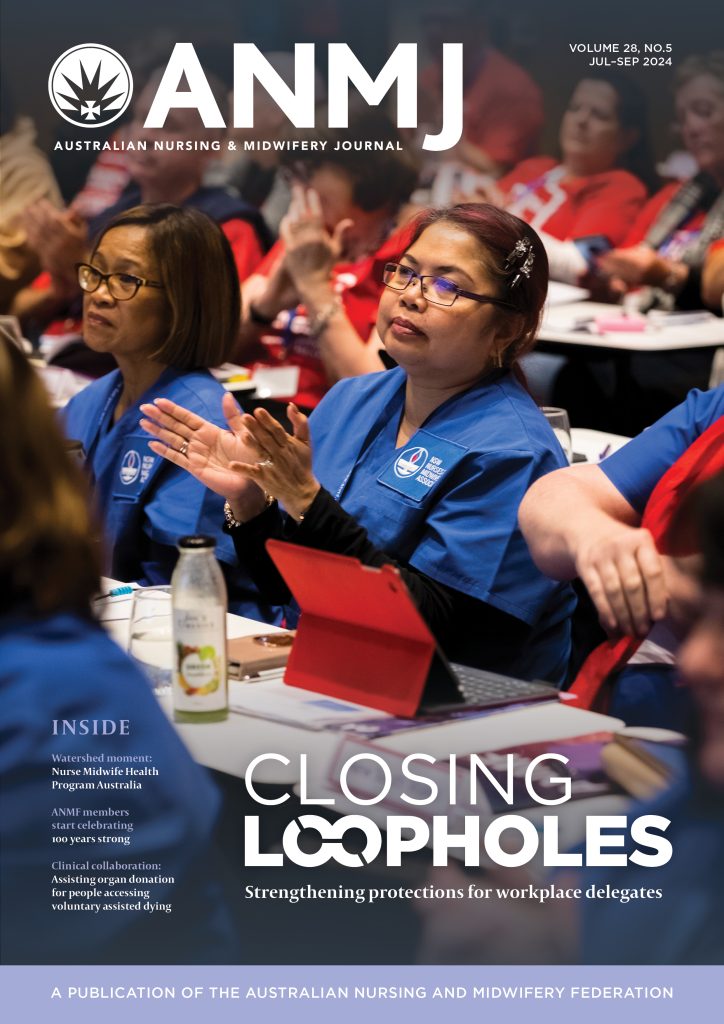The Royal Commission into Aged Care Quality & Safety Final Report found that the aged care workforce is understaffed, under qualified and under paid. So what has been the government’s response to the Commission’s recommendations and will it be enough?
The Final Report of the Royal Commission into Quality and Safety in Aged Care released to the public on 1 March 2021 presented a bleak picture of a substandard care and recommended a complete overhaul of the system with 148 recommendations across all areas including a new aged care Act centred on the rights of older people in need of care.
The Report left no doubt about the scale of rebuilding required to ensure our elderly receive the quality, safe care they require and what we as a community should expect and demand.
The Report highlighted that the current aged care system is “understaffed, and the workforce underpaid and undertrained.”
The report made it clear that the provision of high quality and safe care could not be achieved without enough staff with the right skills and sufficient time to provide care.
While the Federal government has accepted a number of the Commission’s recommendations relating to the aged care workforce, the measures proposed and timetable for implementation do not go far enough and fall well short of what would be required to fix the system.
Key workforce recommendations and government response
Staffing levels and skills mix
The Commission recommended a “minimum staff time standard” for residential aged care requiring a minimum of 200 care minutes per average resident per day by 1 July 2022 including a minimum of 40 minutes of care provided by a Registered Nurse (RN). This is to increase to 215 minutes a day by 1 July 2024 with at least 44 of those minutes provided by an RN.
In addition, the Commissioners recommended an RN be on site on the morning and afternoon shifts (16 hours per day) by 1 July 2022 and that by 1 July 2024 there should be an RN on site in each facility at all times.
The government accepted the recommendation for a minimum staff time standard which is a good start but leaves residents waiting until 2023 before an ‘acceptable’ level of care is reached.
There appears to be no plan to increase the minimum care time to 215 minutes with at least 44 minutes of registered nurse care and no plan to provide an RN on site 24 hours a day.
Minimum qualification
The Commissioners recommend that a certificate III be the mandatory minimum qualification required for personal care workers working in aged care. The government has side stepped this recommendation stating it will be subject to further consideration in the process of developing a ‘Care Workforce Strategy’.
National registration scheme
The Commissioners recommend the establishment of national registration scheme for the personal care workforce that includes a minimum certificate III qualification; ongoing training requirements; minimum level of English proficiency and a code of conduct.
While the government’s response indicates it is accepting this recommendation “in principle” the detail suggests a much watered down version of the recommendation requiring a pre-employment screening check; a nationally consistent code of conduct and a register of cleared and excluded workers commencing by 1 July 2022.
Improving pay for the aged care workforce
The Commissioners highlighted the wage gap between aged care workers and workers performing equivalent functions in the acute health sector, noting that past attempts to address the pay discrepancy through providing additional funds to providers with the hope it would go to wages had failed.
The Commissioners recommend unions instigate both work value and equal remuneration applications and collaborate with the Australian government and employers in relation to the applications.
The government’s response to improving pay and condition of the aged care workforce predictably avoids the wages issue by ‘noting’ the case before the Fair Work Commission to increase rates of pay in the Aged Care Award.
The government has not provided any positive support for increased wages in this sector and so far, nor committed to any increased funding specifically tied to improving wages and conditions.
The ANMF’s application to the Fair Work Commission to increase rates of pay for personal care workers under the Aged Care Award, and nursing assistants, enrolled and registered nurses under the Nurses Award employed in aged care by 25% is currently in progress.
At the time of writing, our requests seeking collaboration with the Federal government and aged care employer groups in line with the Royal Commission recommendation have been ignored.









